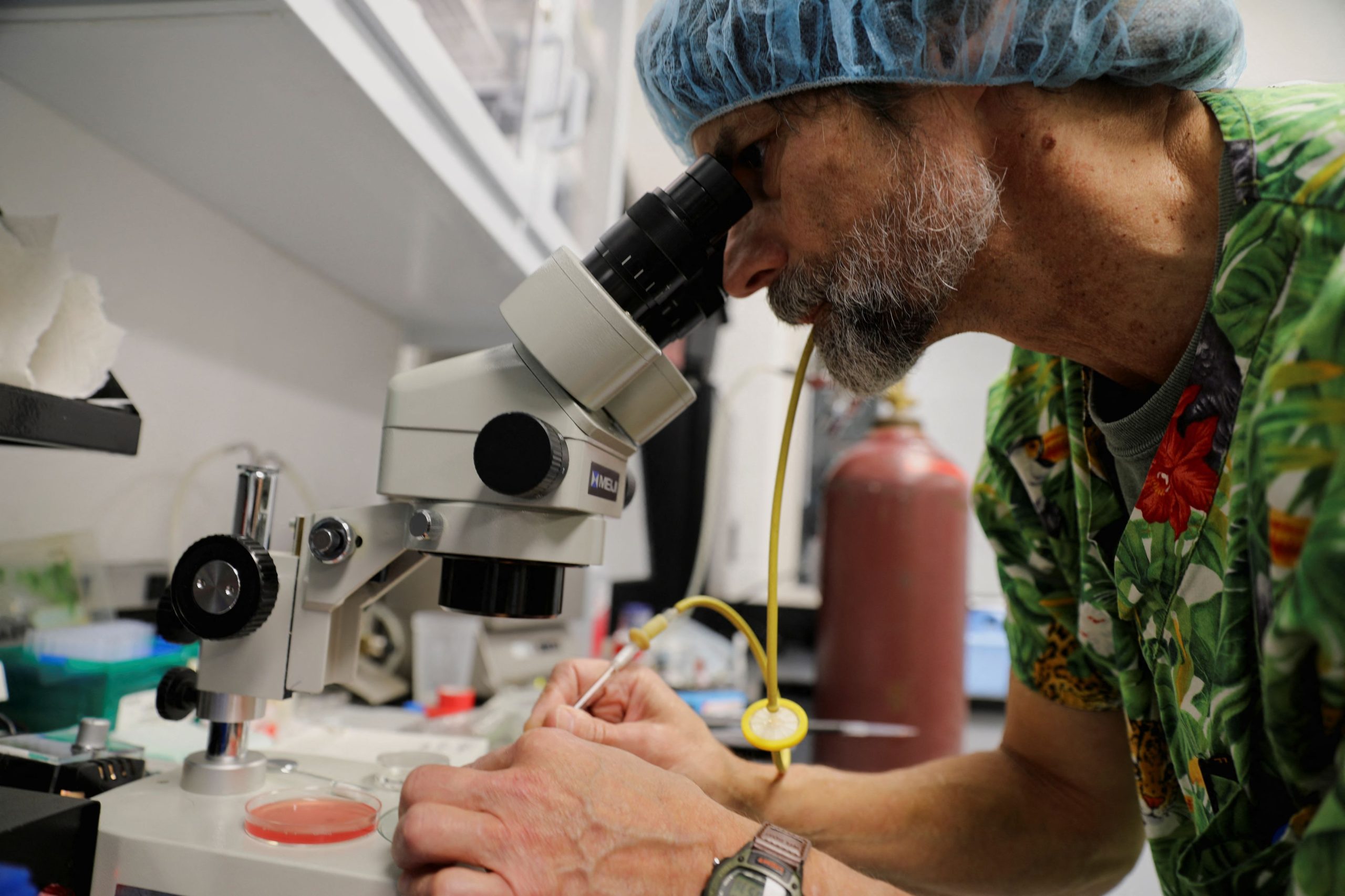In the US the king may be crazy, but the scientists are mad. Mad with fury that is. To foreign born men and women able to envisage and materialize the future – it has been estimated that more than 50 % of Nobel prize winners moved to America for their work – who have made America great, again and again, for decades now, Donald Trump’s unapologetic nativism is a deep affront.
Even more importantly, the unfolding as much as truly astounding upheaval in US Federal Agencies and Departments is simply incompatible with the scientific enterprise. It is these Agencies and Departments that act as conduits of federal research funding, generate themselves part of the knowledge base that scientific inquiry is based on and convert scientific knowledge in US public policy of often global impact. Nor does the promised resurrection of the US defence sector as a hotbed of innovation, a sector which is, by the way, more dependent on foreign-born scientific talent than any other US industry, hold much appeal. European scientists in the US were mobilised against the two monstrous totalitarianisms of the 20th century, Nazi Germany and the Soviet Union. And, now, Denmark?
That is why it is time for all Europeans who care for the scientific enterprise, and even more so for Greek ones, to dust off their copies of the Draghi Report on ‘The future of European Competitiveness’. Greece has exported for decades its scientific elite, mostly to the US, with catastrophic consequences for its international competitiveness. The Draghi Report by suggesting massive support, at the EU level, of R&D, essentially envisages scientific diasporas like the Greek one as a key resource for Europe.
Admittedly, Greece is at the extreme end of the range of EU scientific diasporas because of its historically dysfunctional university system and limited national funding for research. An earlier study established that Greece had provided more full professors to the top 48 US universities, relative to its population, than any other EU member country. Still, a bit over a quarter of this professorial cohort of 4,649 individuals came from nineteen altogether EU member-countries, out of a total of 45 countries worldwide, including from France and Germany which feature well-funded and highly meritocratic research ecosystems.
Importantly positive selection dynamics are in play, as Europe’s scientific diaspora in the US would not be captured by innovation activities of medium to low R &D intensity but rather would be attracted by high R&D intensity activities. Consequently their repatriation is even more significant for Europe’s competitiveness. As the Draghi Report highlights, the EU’s industrial structure, with automobiles still dominant, has led to an R&D commitment to less dynamic and promising technologies than it is the case in the US.
As the Draghi Report also notes research in the EU is underfunded, at the federal level, leading to fragmented national efforts of uneven quality and limited scale. Thus the Draghi Report proposals on federalizing further innovation funding in the EU bear the promise, to Europe’s scientific diaspora, of achieving as scientists in Europe breakthroughs comparable to those that they have been accustomed to in the US.
Assuming that a meaningful component of the Draghi Report’s recommendations on innovation funding and governance is adopted, as suggested by the recent publication of the EU Commission’s Competitive Compass, we will then have three dynamics in play.
First, the stronger, in terms of national funding and quality of governance, EU member countries will utilise the Report’s policy framework in order to attract from the US the lion’s share of repatriated EU scientists, say the German research ecosystem attracting top Greek scientists.
Second, the weaker, in terms of national funding and quality of governance EU member-countries, like Greece, will opt to mitigate the weaknesses of their research ecosystems, due to the rising opportunity costs of not doing so. By doing so they will be able to convert the loyalty and affection, to the homeland, of their own scientific diasporas into repatriation. However if they fail to raise their game, they will see themselves at the losing side of deepening intra-EU disparities.
Third, the UK will be sorely tempted to reintegrate even more with EU research policy, and ultimately industrial policy, being the closest European proxy, language and governance-wise, to the US research ecosystem and thus inherently attractive to European scientists in the US.
No matter how these dynamics play out, it is beyond irony that the current occupant of the White House, himself of partly German descend, is about to gift Europe with this most precious of resources, globally-leading scientific talent.
Antonis Kamaras is a founding member of the Greek Diaspora Project at South East European Studies at Oxford and a Research Associate of ELIAMEP, the Greek think tank.








